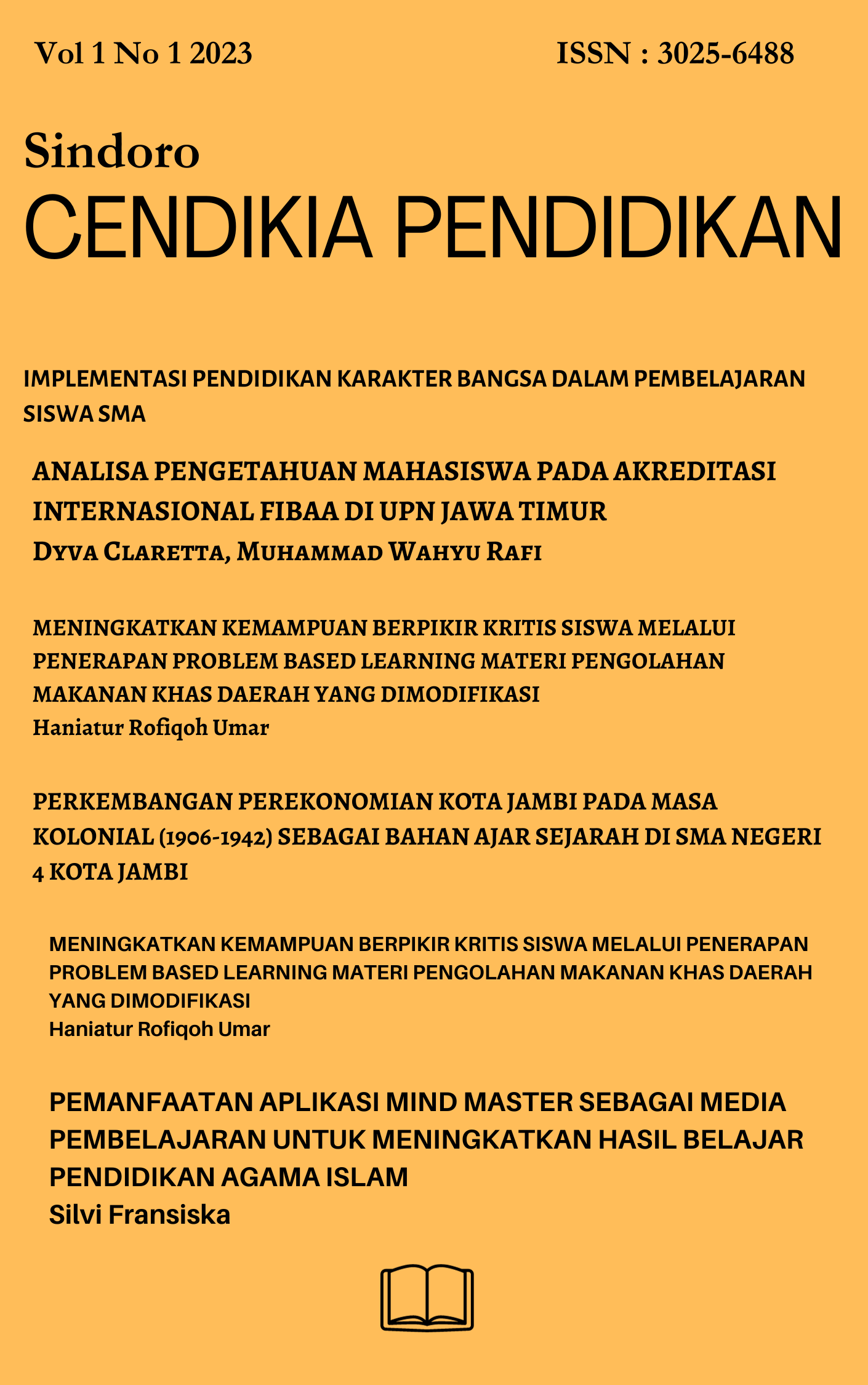STRATEGI GURU TAHFIDZ DALAM PTPT (PROGRAM TAHFIDZ PASCA TPQ)
Main Article Content
Abstract
This study aims to analyze the strategies of teachers in the Post-TPQ Tahfidz Program (PTPT) and identify the supporting and inhibiting factors in its implementation at MI Ma’arif Budiluhur, Wonosobo. The method used is qualitative field research with a descriptive approach. Data were collected through observation, interviews, and documentation. The results show that the main strategies implemented include the sama’i (listening), tikrar (repetition), and muroja’ah (memorization review) methods in a structured manner. Teachers set memorization targets based on students' individual abilities and conduct memorization evaluations by listening to an entire juz comprehensively. Supporting factors for the program's success include parental support, the presence of TPQ institutions in the students' environment, and a conducive social setting. Meanwhile, the challenges faced include a less conducive classroom atmosphere, low student focus and participation, fluctuating emotional states, weak implementation of muroja’ah, and the habit of reading the Qur'an hastily. This study emphasizes the importance of adaptive learning strategies and holistic environmental support in tahfidz programs for elementary-level students. The findings are expected to serve as a reference for the development of sustainable tahfidz programs at the primary education level.
Article Details
Section
This work is licensed under a Creative Commons Attribution-ShareAlike 4.0 International License.

